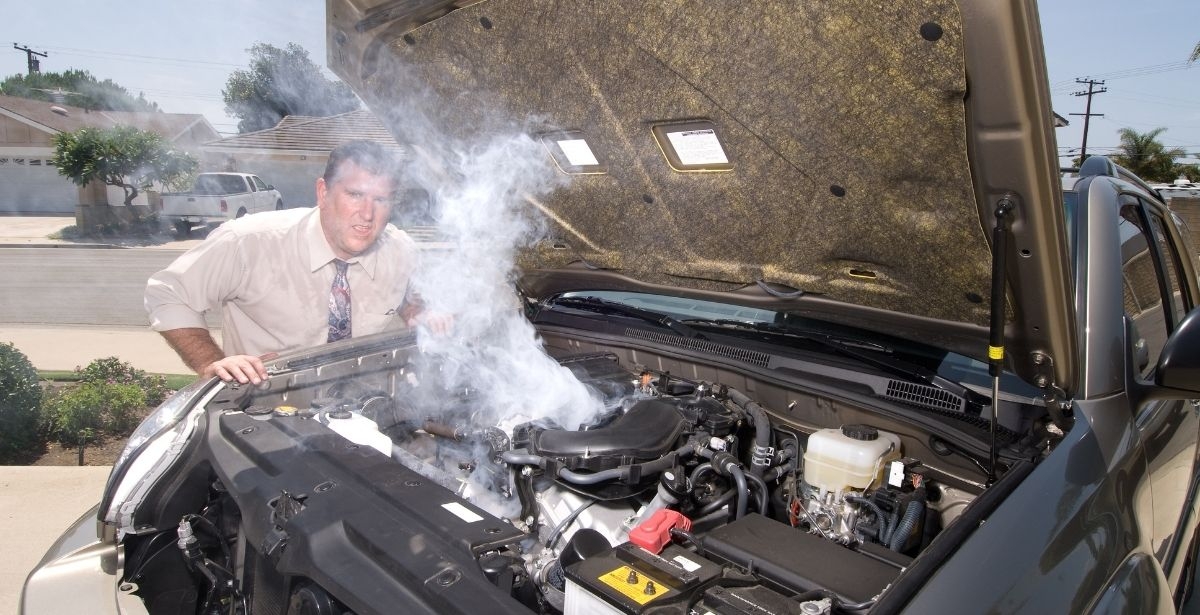
Do I Need to Do Anything to Get My Old Car Ready for Summer?
As the long cold winter transitions to summer, you’re probably ready for some fun in the sun. But your old car may not be as ready as you are. And it’s not just the New England winter that can beat up an older vehicle. Heat and humidity can also take a toll on various parts of your car, including tires, batteries, and even the engine—especially if it’s been around the block a few times. With regular tune-ups and auto repairs, you can get your car ready for summer in no time.
Check and Change Your Oil
Just as you need water to keep hydrated during the summer months, your car needs oil to keep the engine lubricated in the heat. With your older car, make sure to check your oil frequently—every time you fill up is a good idea.
For an oil change, most manufacturers recommend every 5,000 to 7,000 miles, but it depends on the make, model, year, and the type of oil you use. For older vehicles, you may need more frequent changes. You might also want to switch to a higher viscosity oil in the summer to better coat the parts of the engine that get the most wear and tear. So if you were using 5W-30 grade in the winter, it might be time to switch to 10W-30. If you plan to take road trips or travel long distances in the summer, you should also plan for more frequent oil changes.
Check Your Tire Pressure
Have you noticed that your tires seem to need more air in the winter? That’s because warm air expands and cold air contracts. Properly inflated tires are critical to the safe operation of your vehicle. The sizzling summer pavement underneath your tires can literally cause you to burn rubber. Improperly inflated tires can reduce your mileage efficiency, and even cause a blowout. In the summer, check your tire pressure in the morning for an accurate reading; as the day heats up, so will your tires. Make it a habit to regularly check your tire pressure and follow the tire manufacturer’s recommendations. If your tires are worn, replace them.
Watch Coolant Levels for Your Car
The antifreeze you use in the winter to keep things from freezing is also important in the summer to keep your car from overheating. Old cars with old radiators and hoses can spring leaks, but you might not notice until it’s too late. Check your coolant level and use a 50-50 mix of water to antifreeze to fill your radiator at the beginning of the summer. And watch out for green leaks beneath your car throughout the summer. When the coolant is low, it can cause the engine’s temperature to rise. If it rises too much, it can overheat. It’s also going to push warm air into the cabin, which could cause you to overheat. Always check your coolant when the engine is cool.
Change Your Car Battery
Your battery handles a lot during the summer. The constant vibration from long trips and the energy used to continuously pump out cool air can tax your battery, especially if it’s old. Plus, the heat can really build up under the hood, which can cause an old battery to die. If your battery is older than three years, it may be time to replace it altogether. Even if it still runs well, keep a set of jumper cables in your trunk in case of emergency.
Old Cars Are the New Cars
Your old gal isn’t the only vehicle on the road with plenty of miles on it. Did you know that the average age of a vehicle is 12 years old? As the price of cars—both old and new—continues to climb, more people are hanging on to old vehicles which inevitably need repairs.
Are you handy with cars? Maybe it’s time to turn your hobby into a career. At Porter and Chester Institute in Connecticut and Massachusetts, we offer a training program in Automotive Technology that can prepare you for a job in this field in as little as one year. Fill out the form to learn more.






